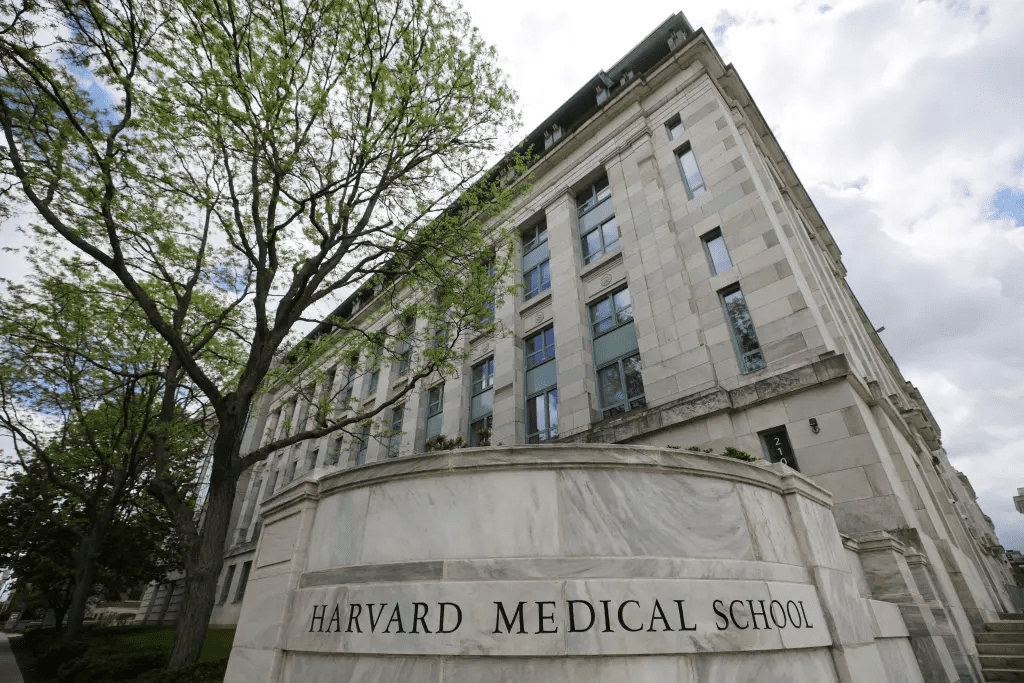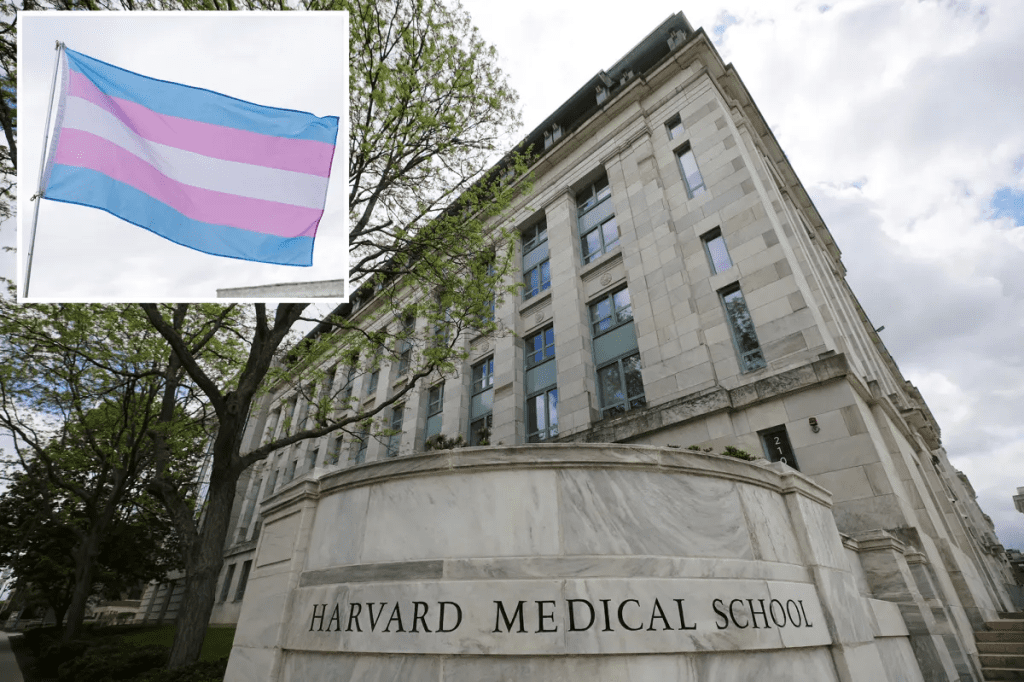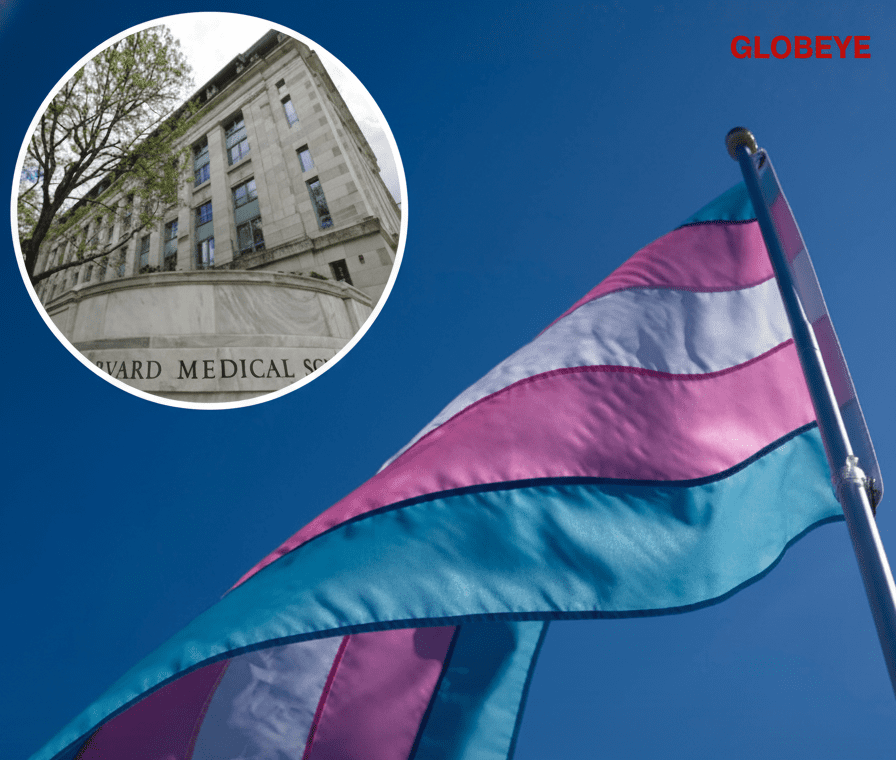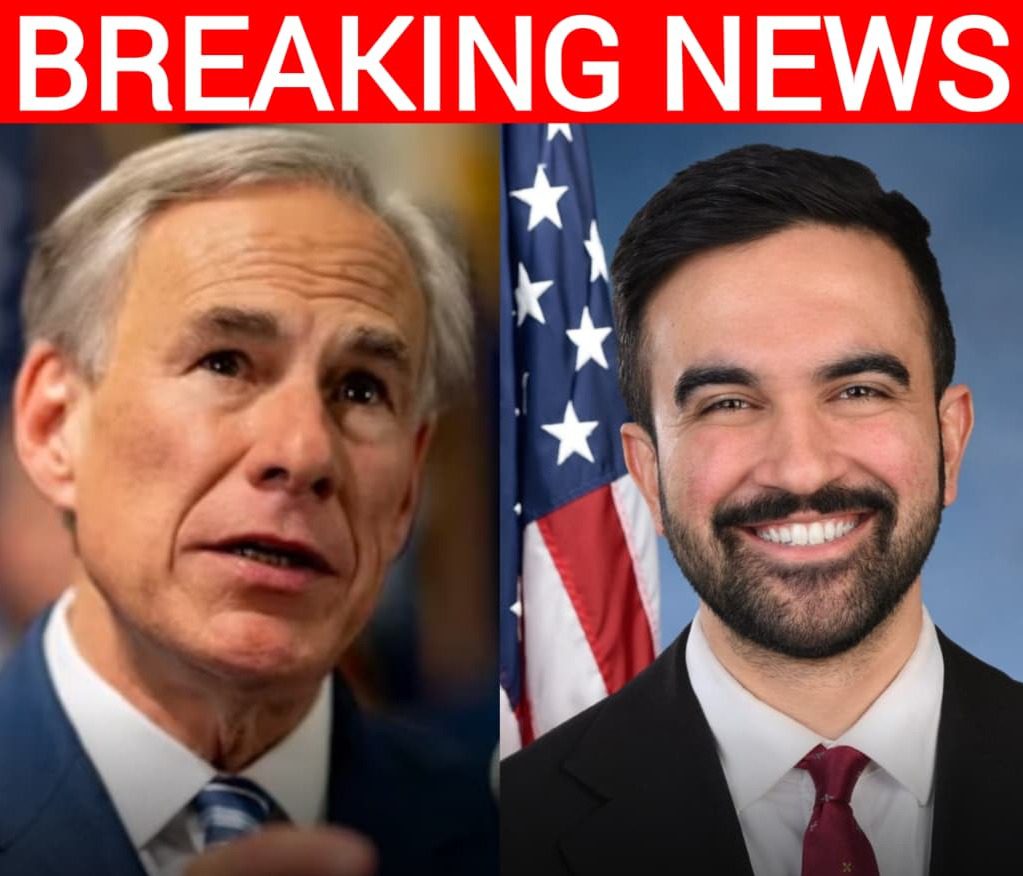Ivy League Shake-Up: Harvard Medical School Scraps $650 Transgender-Health Training After Legal Pressure Over Free Waivers for Trans Doctors
Harvard Medical School has been forced to cancel one of its specialized continuing-education programs after mounting legal and public backlash over a controversial tuition policy that granted free access to transgender doctors while requiring everyone else to pay a full $650 fee. The course, titled “Advancing Excellence in Transgender Health: A Core Course for the Whole Care Team,” was intended to promote advanced training for medical professionals in the field of gender-affirming care. However, after legal experts questioned whether waiving tuition for one demographic group while excluding others violated non-discrimination laws, Harvard quietly removed the course listing from its official website.

The course, run in partnership with The Fenway Institute, was set to be a flagship training for healthcare providers looking to improve knowledge around transgender patient care. It promised guidance on topics such as hormone therapy, mental health care, and inclusive medical practices. Yet controversy erupted when it was discovered that the Ivy League institution had explicitly offered a free pass to “transgender and gender-diverse” doctors, while every other applicant—including allies and general practitioners—was expected to pay hundreds of dollars.
The discovery quickly drew attention from both media outlets and legal analysts, who raised concerns that Harvard’s fee policy could potentially breach equality standards and federal civil rights laws governing educational programs. Critics argued that the selective waiver created a financial divide based on identity rather than need, undermining the university’s commitment to equal access. Within days, Harvard administrators confirmed the course had been “postponed pending review,” effectively scrapping it for the time being.
In an emailed statement, a Harvard spokesperson said the decision was made to “ensure all continuing education programs meet institutional and legal compliance standards.” While the school did not specify whether any participants had already registered under the old pricing policy, the course page was taken down, and no new enrollment dates have been posted.

Legal analysts said the controversy could have broader implications for elite universities and medical institutions offering identity-based benefits. “Even if the intent is inclusivity, a program that offers free admission based solely on gender identity may violate Title IX or anti-discrimination statutes,” one attorney familiar with education law explained. “Harvard likely decided it was safer to withdraw the course than face a potential complaint.”
Supporters of the waived fee argued that it aimed to remove barriers for transgender healthcare professionals who may face systemic inequities in the field. However, others noted that the policy inadvertently excluded non-trans doctors who also struggle with high training costs. The debate has since become another flashpoint in the ongoing discussion about fairness, inclusion, and compliance within higher education.

The now-suspended course was designed to provide a clinical foundation for working with transgender patients, including guidance on hormone management, fertility, and mental health support. Participants were to earn continuing medical education credits recognized nationwide. The course’s sudden cancellation leaves a gap in accessible training opportunities for professionals seeking up-to-date, evidence-based instruction in this expanding medical field.
Observers say the episode serves as a warning for institutions that try to balance progressive inclusion initiatives with federal equity regulations. It highlights the challenge of designing policies that both promote diversity and hold up under legal scrutiny. Harvard, known for its influence in shaping global medical education standards, is now facing questions about whether the course will return with revised pricing or universal financial assistance for all applicants.
For now, the message on the course page simply reads “Postponed.” No new date has been announced, and Harvard Medical School has declined further comment. The situation has already fueled debate across social media and legal circles, where the issue has been framed as a clash between inclusion and fairness — a reminder that even the nation’s top institutions are not immune to controversy when navigating the evolving landscape of identity and policy.



